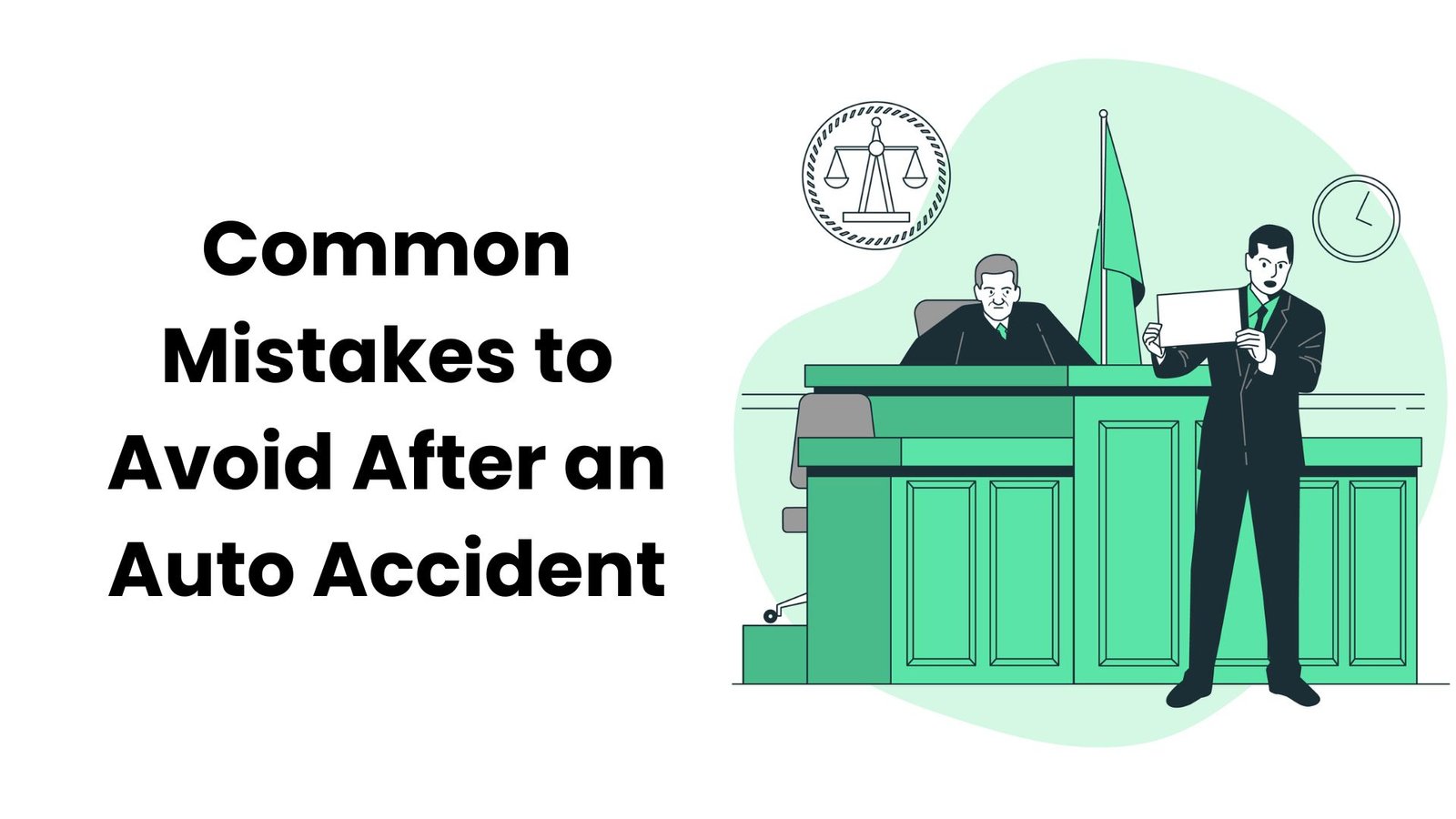What Are Your Rights If You Are Injured as a Passenger in a Car Accident? – Legal Options for Passengers
Being involved in a car accident can be a traumatic experience, especially as a passenger who had no control over the situation. Understanding your legal rights is crucial to ensure you receive the compensation you deserve for medical expenses, lost wages, and emotional distress.
This guide will walk you through the essential aspects of passenger injury claims, covering key legal principles like third-party liability, no-fault insurance, and comparative negligence.
Immediate Steps to Take After the Car Accident
Taking the right actions immediately after the accident can strengthen your claim:
- Seek medical attention: Even if injuries seem minor, get a professional evaluation.
- Document the accident: Take pictures of the scene, your injuries, and any vehicle damage.
- Obtain driver and witness information: Collect details from both drivers and any witnesses.
- File a police report: A formal accident report can serve as strong evidence for your claim.
- Contact an attorney: Legal guidance can help you navigate the complexities of personal injury protection (PIP) and insurance claims.
Who Is Liable for a Passenger’s Injuries?
Passengers generally have a right to seek compensation from at-fault parties. Potential liable parties include:
- The driver of the vehicle you were in: If they were negligent, their liability insurance may cover your damages.
- Another driver involved in the accident: If another vehicle caused the crash, their insurance should compensate you.
- Employers (Vicarious Liability): If the at-fault driver was on duty (e.g., a truck driver or rideshare driver), their employer might be liable.
- Government entities: Poor road maintenance or faulty traffic signals can place liability on government agencies.
Understanding Comparative vs. Contributory Negligence
The degree of fault can impact your compensation, depending on state laws:
- Comparative negligence: You may still recover damages even if you were partially at fault, but your compensation is reduced by your percentage of fault.
- Contributory negligence: In some states, if you are even slightly responsible for your injuries (e.g., not wearing a seatbelt), you may be ineligible for compensation.
Insurance Coverage for Passenger Injuries
Several insurance policies may provide compensation:
- Personal Injury Protection (PIP): Covers medical expenses regardless of fault (applicable in no-fault states).
- Uninsured/Underinsured Motorist (UM/UIM) Coverage: Helps if the at-fault driver lacks adequate insurance.
- Medical Payments (MedPay): Covers medical expenses regardless of fault but doesn’t include lost wages or pain and suffering.
- Liability Insurance: The at-fault driver’s policy typically covers passenger injuries.
Compensation You May Be Entitled To
Passengers can seek damages for:
- Medical expenses coverage: Hospital bills, physical therapy, and future medical care.
- Pain and suffering compensation: Emotional distress, PTSD, and loss of enjoyment of life.
- Lost wages: If injuries prevent you from working.
- Property damage: Personal items damaged in the crash.
Filing a Lawsuit: Understanding the Statute of Limitations
Each state imposes a deadline, known as the statute of limitations, on filing a personal injury lawsuit. Failing to act within this timeframe may result in losing your right to seek compensation. Consult an attorney to understand the deadlines applicable in your state.
FAQs
- Can I file a claim if the at-fault driver is uninsured?
Yes, you can file under Uninsured Motorist Coverage (UM) or sue the driver personally, though collecting compensation can be difficult. - How does not wearing a seatbelt affect my compensation?
Some states apply the seatbelt defense, reducing your compensation due to contributory negligence. - What if multiple parties are at fault?
You can file claims against multiple insurance policies, and courts will determine liability based on comparative negligence rules. - How long do I have to file a claim?
Time limits vary by state, typically ranging from 1 to 3 years. Check your state’s statute of limitations. - What compensation can I receive for pain and suffering?
The amount varies, but factors include injury severity, emotional distress, and impact on daily life.
Case Study: Successful Passenger Injury Claim
Sarah was injured in a rideshare accident. The at-fault driver was uninsured, but Sarah filed a claim under the rideshare company’s uninsured motorist coverage (UM). With legal assistance, she received compensation for medical expenses, lost wages, and pain and suffering.
Conclusion
If you’ve been injured as a passenger in a car accident, understanding your rights is essential. From filing passenger injury claims to navigating insurance policies, ensuring you receive fair compensation requires knowledge and action. Consult a personal injury attorney to explore your legal options and protect your rights.


